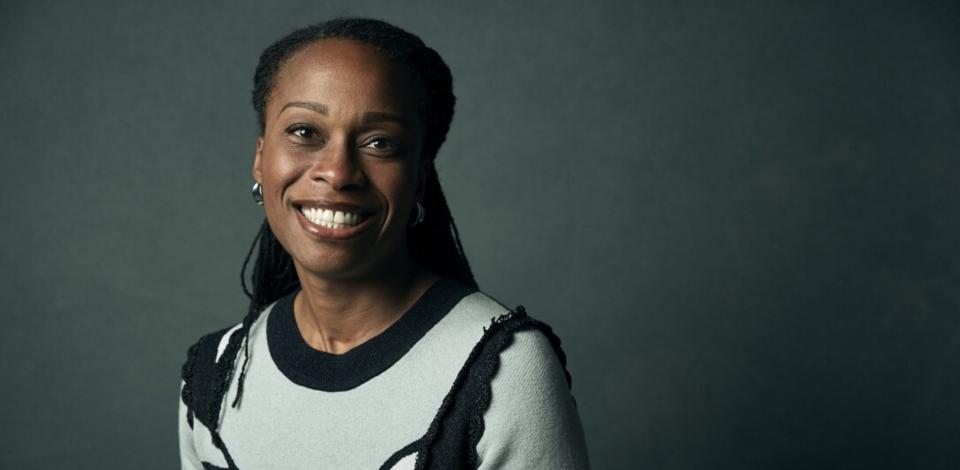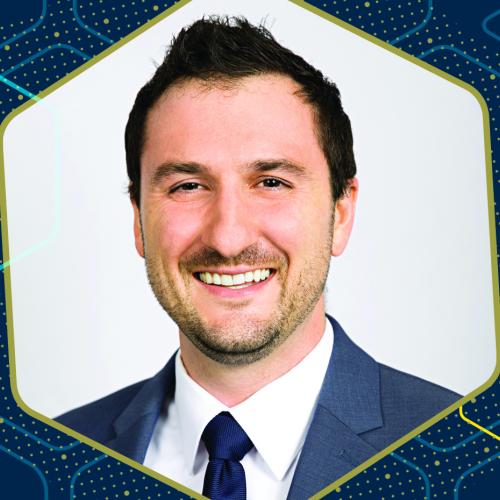Setting the Standard for Higher Ed
Georgia Tech dean takes on virus control efforts

When the coronavirus shut down the country in March, Nisha Botchwey had to think about the well-being of her students — all 36,488 of them. As the Associate Dean for Academic Programs at Georgia Tech Professional Education (GTPE), Botchwey is one of the many who came together to ensure continuity of instruction for students.
"GTPE was brought in to support our continued instruction with best practices from remote instruction, given our 40-plus year history as Georgia Tech's global campus leading all online, distance and remote learning," she said.
The first goal was to ensure the health and welfare of the students, faculty, and staff. Second was to ensure student learning. As one of the nation's top 10 public universities and an engineering school of worldwide renown, Botchwey said there was no time to lose. Students needed and deserved the instruction that Tech is known for throughout the world.
That plan immediately involved switching students to remote instruction.
"We realized we can't just wing it," said Botchwey, who is also director of Georgia Tech's Healthy Places Lab. By early April, Tech created the Georgia Tech Remote and Hybrid Teaching Academy, a partnership of several departments and committees coming together across campus.
Every teacher was enrolled in the academy, with instruction for how to engage students remotely. The focus was on "fundamental pedagogical and technological skills, as well as best practices."
Faculty were suddenly in online classes. too, learning how to teach remotely to enhance the students' learning experience.
"Maybe someone can't hear, or someone loses interest," Botchwey said. Coming up with solutions that would meet the range of issues is "challenging but not insurmountable."
Tech came up with three options for students — those in residential mode, those who study and attend classes remotely, and a hybrid version where students attend classes online but come to class for some engagements. The migration to these modes involved setting up cameras, microphones, and plexiglass walls. Various committees are now meeting regularly to plan for 2021.
Botchwey points out that none of those ideas could have been implemented if Tech hadn't instituted policies to control the spread of the virus.
"A critical component of Georgia Tech's response is our surveillance testing," said Botchwey. The approach includes testing people without symptoms to catch infections before a person is contagious and minimize community exposure. "We have the capacity to test up to 2500 people a day."
The plan seems to have worked — the latest test positivity rate is less than 0.77%, well below the 5% rate the World Health Organization says is an acceptable goal.
Students, faculty, and staff complete surveillance testing weekly and protect each other. "It's what we do at Georgia Tech," Botchwey said. "We use technology to improve the human condition. We're the Yellow Jackets. We care about our people and our communities."
This story was originally featured in the End of Year 2020 issue of Decatur Living.

